Keeping cool and comfortable during the night is a priority for sleepers, and having the right bedding can make a world of difference. But if you’ve been eyeing up mattress protectors to help keep your sleeping surface clean, you may be wondering – do waterproof mattress protectors make you sweat? In this guide, we’ll explore what causes mattress protectors to create sweat and provide useful tips to help you determine if they’re the right fit for your sleep needs.
What Are Mattress Protectors?
Mattress protectors are an extra layer of protection added to a mattress or bedding set. They can be made of waterproof materials such as vinyl, latex, and polyurethane, and provide additional protection against bodily fluids and allergens. Some mattress protectors may also feature built-in anti-allergen layers for added protection from dust mites and other irritants.
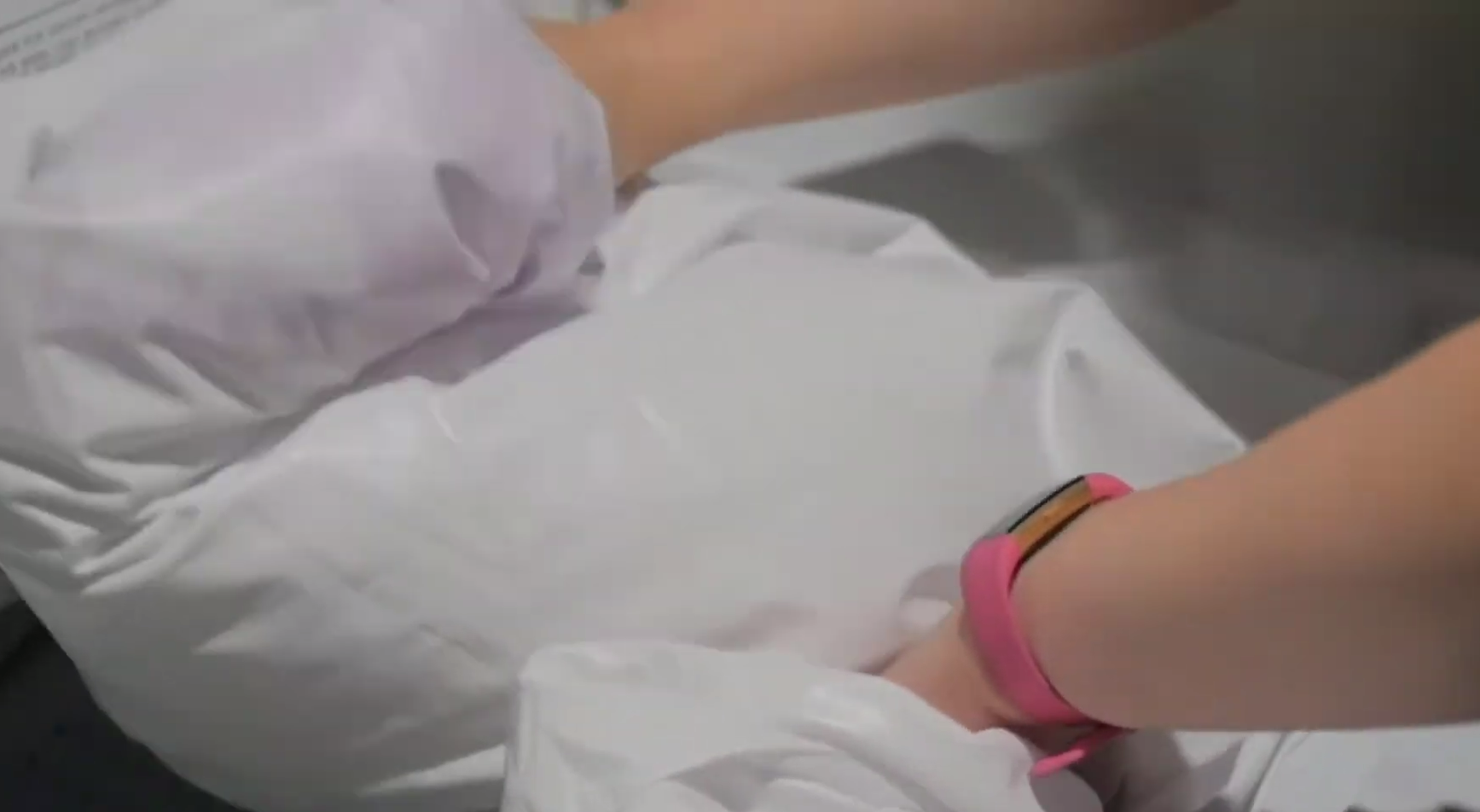
The Connection Between Mattress Protectors and Night Sweats
When evaluating whether waterproof mattress protectors make you sweat, it’s important to understand the connection between mattresses and night sweats. It’s common for a person’s body temperature to rise during sleep, which can make them sweat profusely. This is particularly true if they are sleeping on an old mattress that lacks proper ventilation or cushioning.
Inadequate air circulation can trap heat around a person’s body, leading to more intense night sweats.
In contrast, mattresses that feature breathable materials and support layers create an environment where air can flow freely throughout the mattress. This provides a much cooler sleeping environment and helps reduce the amount of sweat present on the mattress surface. However, even with appropriate ventilation, a mattress protector can still impact the overall temperature and moisture levels of your bed.
Another factor to consider is the type of material used in your mattress protector. Certain fabrics such as cotton or bamboo are known for their natural breathability, while other materials like synthetic blends may not allow air to pass through as easily. It’s important to choose a waterproof mattress protector that features a fabric that won’t trap moisture and will help keep you cool and dry.
Finally, you should also take into account the fit of your mattress protector. A properly fitted waterproof mattress protector will create a snug seal around your bed, keeping moisture away from the surface. However, an ill-fitting cover can cause trapped heat and humidity to build up under the fabric and lead to uncomfortable temperatures during sleep. [1]
Ultimately, choosing the right waterproof mattress protector is key to preventing night sweats and creating a more comfortable sleeping environment. It’s important to understand the connection between mattresses and night sweats, as well as how different materials can impact temperature and moisture levels in your bed. By doing so, you can find an effective waterproof mattress protector that will help keep you cool and dry all night long.
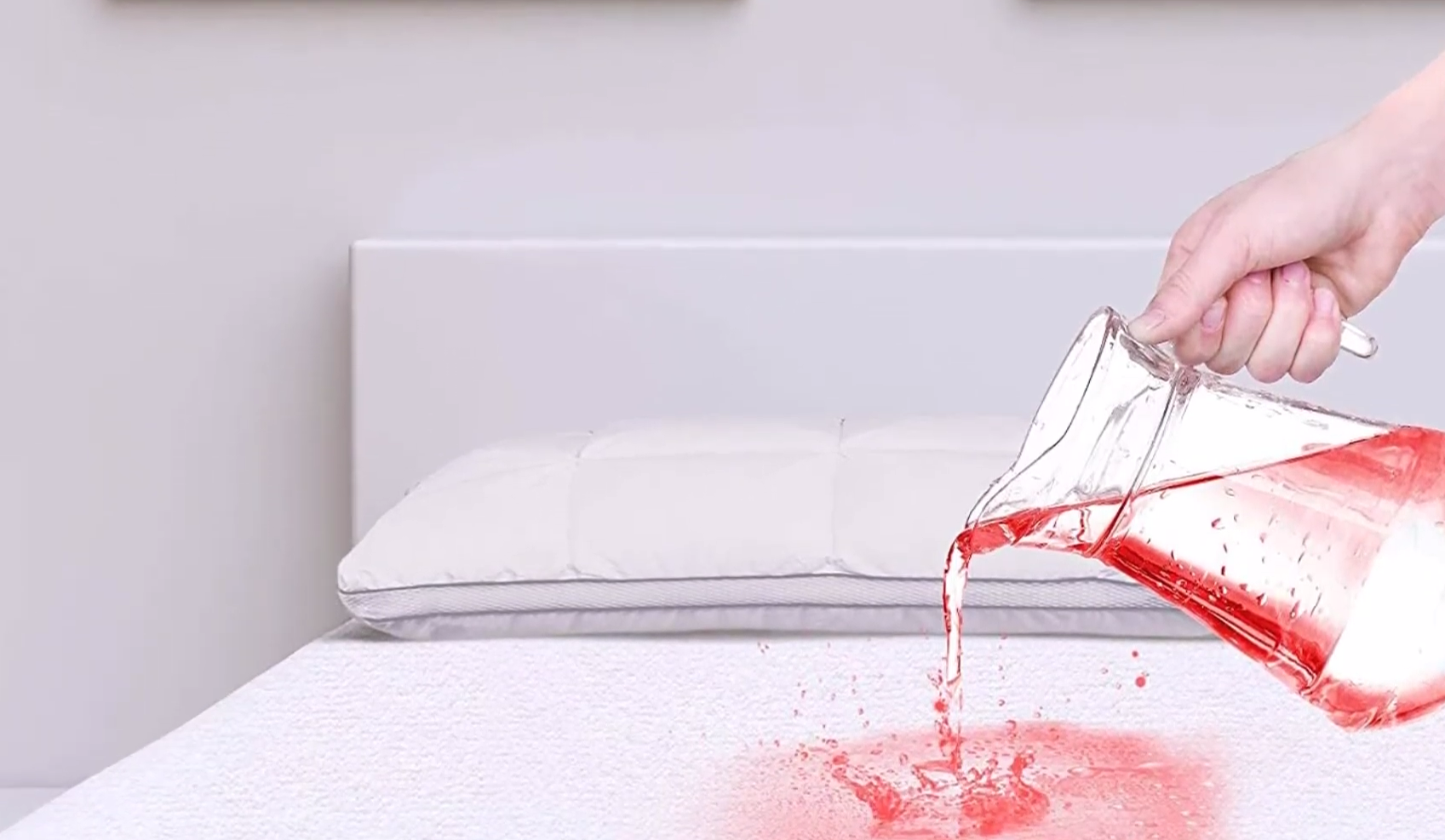
Which Type of Person Is More Prone to Night Sweats?
Night sweats are more common in certain types of people. People who suffer from chronic medical conditions, such as diabetes, hormonal imbalances, and autoimmune diseases are more prone to night sweats than those without such conditions. Women going through menopause may also experience night sweats due to the hormonal changes associated with this stage of life. Other factors that can contribute to an increase in night sweats include being overweight, smoking, drinking alcohol, using certain medications or supplements, and experiencing stress or anxiety.
If you think that your night sweats are due to an underlying health issue, it is important to speak with your doctor about possible causes and treatment options. In some cases, lifestyle changes may be enough to reduce the frequency of night sweats. In other cases, medication or hormone therapy may be necessary to control the sweating. Regardless of the cause, using a waterproof mattress protector can help keep you comfortable and dry while you sleep.
Types of Mattress Protectors and Their Materials
When it comes to mattress protectors, there are several types available on the market. The most popular ones are made from vinyl, which is waterproof and breathable. However, some people find that this material can make them sweat more than other materials. Other options include terry cloth fabric and polyurethane foam. Terry cloth is soft and absorbent but can be more challenging to clean if it gets wet. Polyurethane foam is waterproof but not as breathable as other materials, making it a better choice for people who tend to sweat a lot.
When choosing a mattress protector, consider the type of material, your sleeping habits, and the environment in which you sleep. For instance, if you live in a humid environment or have night sweats often, you may choose a more breathable material such as terry cloth or polyurethane foam. If your bed is used by children or pets, then a waterproof material such as vinyl might be more suitable. It’s also important to check the care instructions of your mattress protector before you buy it so that you know how to keep it clean and in good condition.
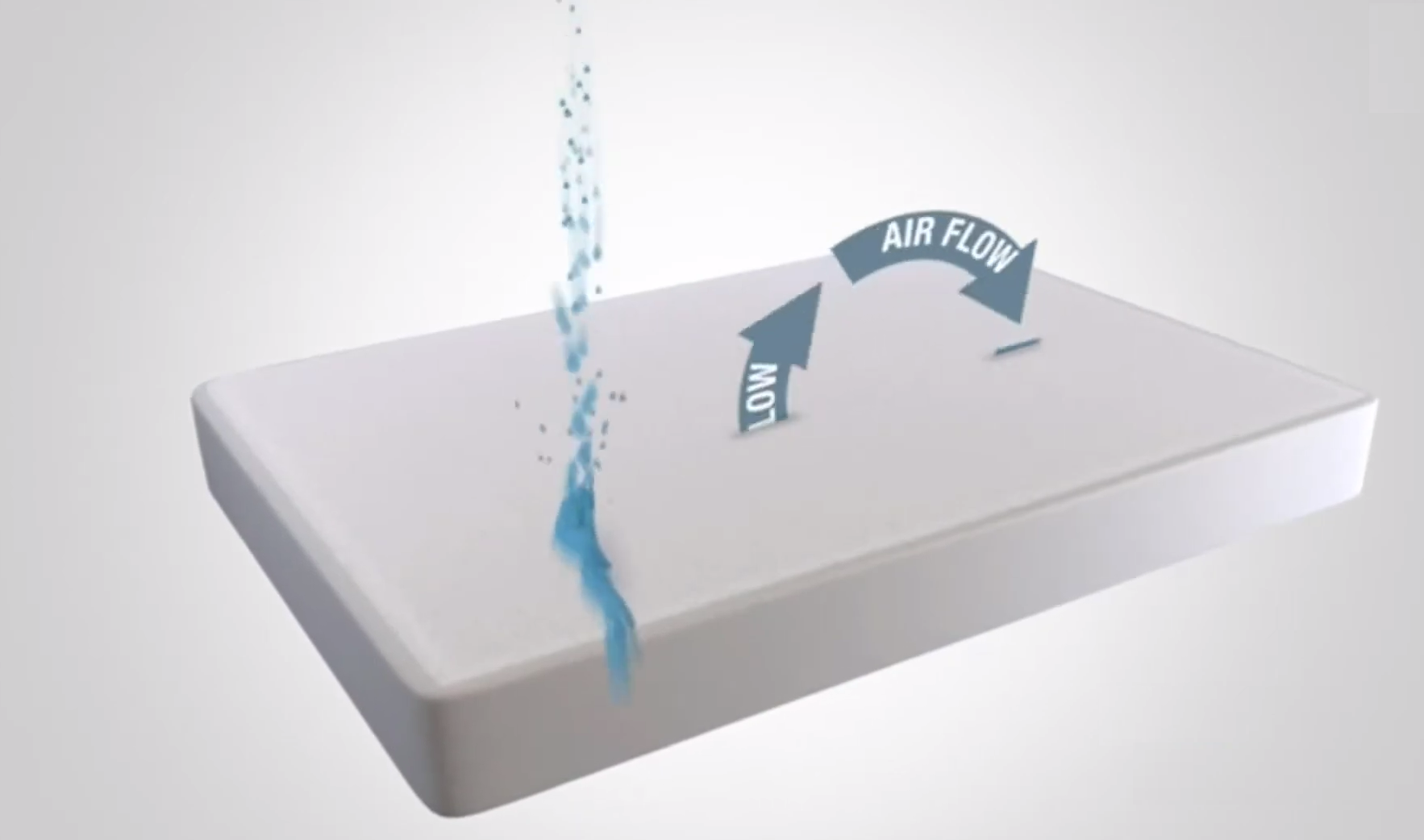
Cotton
Cotton mattress protectors are one of the most popular types available. They offer breathability, comfort, and protection from dust mites and other allergens. Cotton is also relatively easy to clean with regular laundering. However, cotton doesn’t provide waterproof protection.
Bamboo
Bamboo mattress protectors are also becoming increasingly popular. Bamboo is naturally anti-bacterial and hypoallergenic. Furthermore, bamboo is incredibly absorbent so it can help keep you cool in hot weather.
Linen
Linen is another popular material for mattress protectors. It has a soft, luxurious feel and offers excellent breathability and protection from dust mites. Linen also has moisture-wicking properties that can help keep you cool in hot weather. However, linen doesn’t provide much waterproof protection.
Polyester
Polyester is a synthetic fabric that offers good waterproof protection. It’s also relatively inexpensive and easy to clean. However, polyester can be less breathable than other materials.
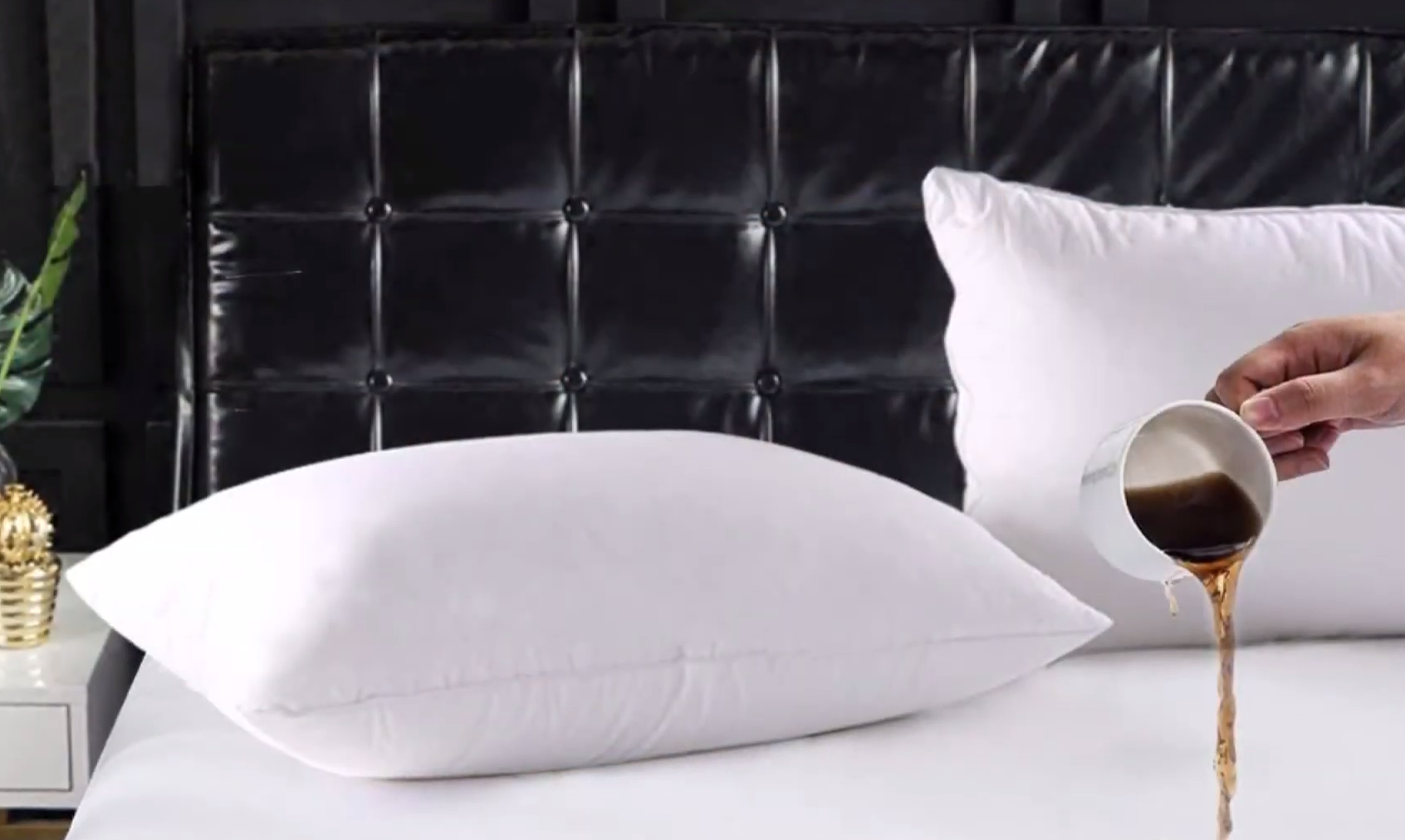
Featherbed
Featherbed mattress protectors are made from a combination of cotton and feathers. Featherbeds can keep you cool in hot weather due to the air pockets created by the feathers. However, they don’t provide as much waterproof protection as some of the other materials so they may not be suitable for people who are prone to night sweats.
Lyocell/Tencel
Lyocell/Tencel mattress protectors are made from a type of rayon fabric. They offer excellent breathability, comfort, and protection from dust mites. Lyocell/Tencel is naturally hypoallergenic and moisture-wicking, making it a great choice for people with allergies or sensitive skin. Additionally, the material is lightweight and breathable so it can help keep you cool in hot weather.
Plush Velour
Plush velour mattress protectors are made from a combination of cotton and polyester. They offer comfort, breathability, and protection from dust mites. The material is also waterproof, making it a great option for people who tend to sweat at night. However, the material may be too hot for some people in warm weather. [2]
Do Waterproof Mattress Protectors Make You Sweat?
Waterproof mattress protectors are designed to protect your mattress from spills and other accidents. But some people worry that these coverings might make them sweat more than they would without them.
The most important factor when it comes to whether or not a waterproof mattress protector will make you sweat is the material it is made of. If your waterproof cover is made from a breathable, high-quality fabric like cotton or bamboo, then it should not make you sweat any more than a regular mattress protector would. However, if your cover is made with a synthetic material like polyester or vinyl, it may block airflow and lead to increased sweating.
Finally, if you are still worried about staying cool while sleeping, there are a few extra things you can do. Consider investing in cooling sheets or mattress toppers to help wick away moisture and reduce the risk of sweating. Additionally, avoid eating or drinking anything before bed, as this can make you feel hot while sleeping.
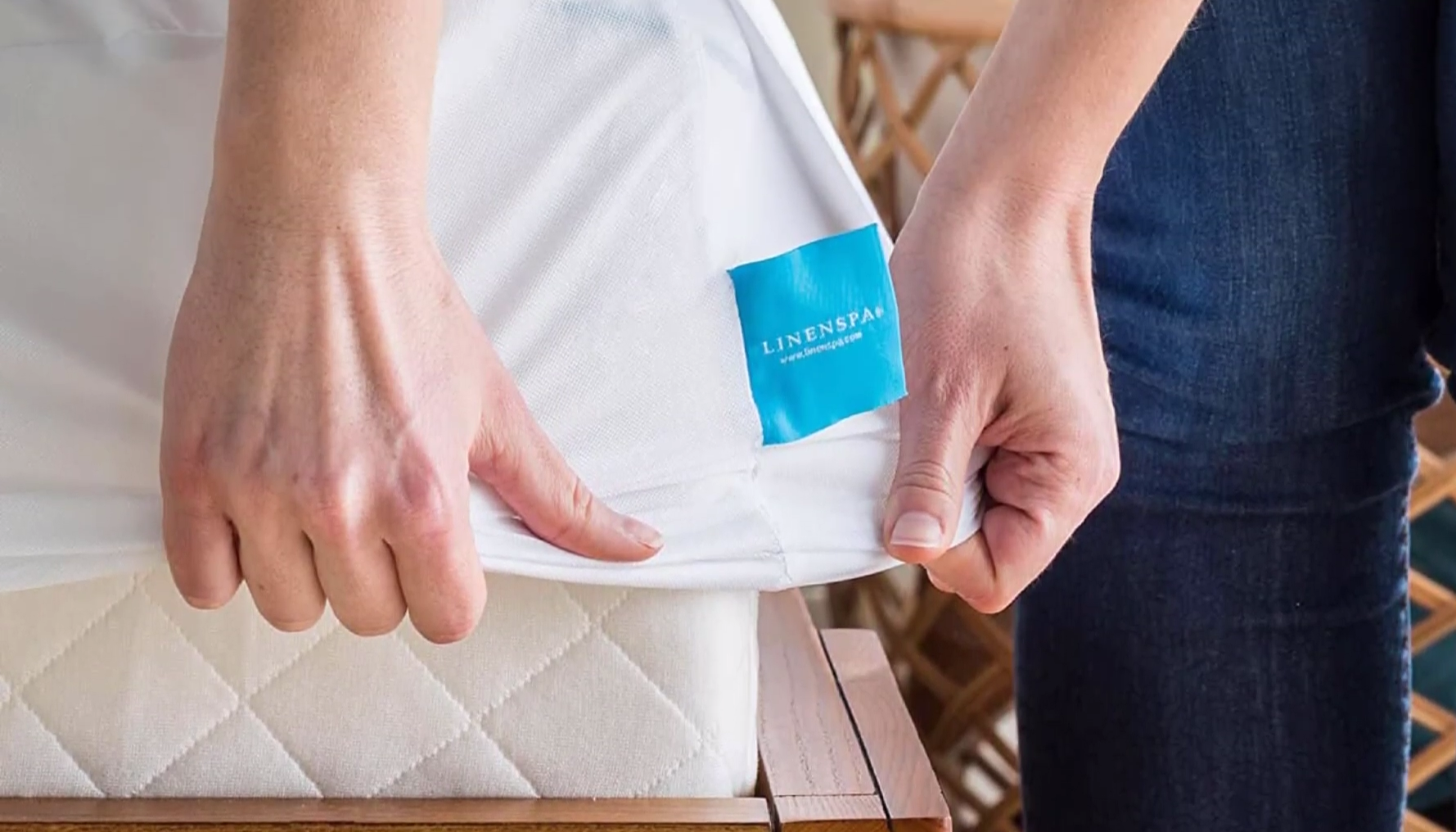
How to Choose the Right Mattress Protector for You
When selecting a mattress protector, look for one with breathable fabric and quality construction. Choose a mattress cover made of moisture-wicking material to help keep your body cooler while sleeping. Look for mattress protectors with ventilation holes so air can flow freely around your body as you sleep. Many waterproof protectors also provide cooling properties such as gel-infused covers that act as a coolant, helping to regulate the temperature of the mattress and keep you more comfortable.
Finally, playing attention to the thread count of your mattress protector can help you determine its overall quality and longevity. Higher thread count materials are typically softer and more durable, which makes them ideal for waterproof mattress covers. [3]
How to Fix a Mattress Pad That Makes You Sweat or Sleep Hot
If you’re experiencing excessive sweating or a hot sleep surface due to your mattress pad, there are several ways to fix the problem and get a cooling night’s sleep.
- Choose breathable fabric: When it comes to waterproof mattress pads, polyurethane can be stiflingly warm since it traps heat without allowing air in or out. Instead, choose a mattress pad that is made of a breathable material like cotton.
- Look for special cooling fabrics: Some mattress pads are now made with special cooling fabrics and technologies that keep you cool all night long. These materials include Tencel, polyester-cotton blends, and CoolMax fabric, which is designed to move moisture away from the body.
- Add a mattress topper: A mattress topper is an extra layer of cushioning that can be placed over the mattress pad. Toppers are often made with cooling technologies like memory foam or gel to help you stay cool during the night.
- Choose a low-loft pad: If your mattress pad is too thick and doesn’t allow air to flow properly, switch to a low-loft pad. A thinner mattress pad will allow heat and moisture to escape more easily, so you won’t be left feeling hot and sweaty.
- Clean your mattress pad regularly: Regularly washing your mattress pad is another way to make sure it’s not trapping in excess heat and moisture. When washing your mattress pad, use a gentle cycle and mild detergent. [4]
These tips will help you find the right mattress pad for your needs so that you can sleep comfortably without excessive sweating or hot nights. With the right waterproof mattress protector, you can be sure to have a good night’s rest!
How Do Cooling Mattress Protectors Work?
Cooling mattress protectors are designed to keep your bed cool and comfortable, even on hot nights. These mattress protectors use a combination of lightweight fabrics and materials, as well as breathable design features that allow air to circulate around the mattress. This helps regulate body temperature and prevents overheating while you sleep. Some cooling mattress protectors also feature moisture-wicking technology, which helps keep moisture from the mattress and away from your body.
For best results, it’s important to find a mattress protector that fits your bed perfectly and is made out of quality materials. Look for a mattress protector that is breathable, lightweight, and has a good fit for your particular bed size. It should also be hypoallergenic and made out of a material that is easy to clean and maintain. By choosing the right mattress protector, you can enjoy a cooler, more comfortable sleep without having to worry about sweating in your bed.
What to Look for in a Cooling Mattress Cover?
When it comes to buying a cooling mattress cover, there are certain features and qualities that you should look for. Some of the most important include:
- Breathability: Since one of the primary functions of a cooling mattress protector is to help keep you cool while sleeping, it’s best to find one with a breathable material such as mesh or cotton. This will help to regulate your temperature and allow air to flow freely between the mattress cover and your body.
- Waterproofing: In addition to breathability, it’s important to find a mattress protector that is waterproof so you can be sure any spills or accidents don’t damage the mattress beneath. Look for one with a high-quality waterproof membrane or a relatively thick layer of vinyl.
- Fit: When it comes to mattress protectors, size really does matter as a good fit is essential for maximum comfort and protection. Look for one that fits your mattress snugly so you can be sure it won’t slip off during the night.
Tricks to Stop You Sweating at Night
If you are still sleeping hot with a waterproof mattress protector, there are tricks you can use to keep cool.
- Invest in breathable sheets and pajamas – Choose fabrics which allow air to circulate such as cotton or linen. You could also look for PJs with moisture-wicking technology that will help absorb any sweat and keep you cool.
- Use a cooling mattress cover – If you have a waterproof mattress protector, you may wish to invest in an additional cooling layer. These cool covers use materials such as breathable cotton or bamboo to regulate your temperature and keep you comfortable while sleeping.
- Turn down the thermostat – A cold bedroom is more conducive to sleep. Try keeping the thermostat at around 65-68 degrees Fahrenheit (18-20 degrees Celsius).
- Sleep with fewer blankets – Use the lightest layers possible. Try to avoid layering several blankets or using a comforter.
- Place a cool towel over your body – Just before bed, place a cooled cloth on your forehead or chest to bring down your temperature.
- Exercise in the afternoon – Exercising during the day will help you to cool down for bedtime.
- Take a shower before bed – A warm shower can help you relax and loosen muscles, but make sure it’s not too hot as this can increase your body temperature.
- Keep your room well-ventilated – Open windows at night to let in a cool breeze and keep air circulating.
- Use a fan or air conditioning – If you don’t have windows you can use an electric fan or air conditioning unit to circulate air.
- Change your mattress – If you are still sleeping hot, it’s time to consider investing in a new mattress with cooling technology such as gel memory foam or copper-infused foam.
- Place a cooling pad on your mattress – A cooling pad sits directly on top of your mattress and helps to regulate body temperature. It may be beneficial if you are sleeping hot with a waterproof mattress protector.
By using some of these tips you should be able to keep cool and comfortable while protecting your mattress with a waterproof mattress protector.
FAQ
How Do I Make My Mattress Less Sweaty?
There are a few things you can do to make your mattress less sweaty and more comfortable:
- Use an air conditioner or fan in the room where your bed is located. This will help keep the air temperature at a cooler level, which can reduce moisture build-up in your mattress.
- Invest in waterproof mattress protectors. These are coverings made to help keep moisture from seeping into your mattress and causing it to become soggy.
- Wash your sheets regularly. Sweat and other body oils can accumulate on sheets that aren’t washed often, which will contribute to a moist environment. Aim for washing them at least once a week.
- Keep the room temperature cool by adjusting the thermostat. You may also need to adjust the humidity levels to keep moisture at bay.
- Place a dehumidifier in your bedroom if needed. Dehumidifiers are great for removing excess moisture from an area and preventing mold growth. [5]
If you take these steps, you should notice that your mattress is less sweaty and more comfortable overall.
Why Do I Sweat So Much at Night in Bed?
Sweating at night is a common issue for many people. It can be caused by a number of factors, including the environment you are sleeping in, stress levels, and hormones. It can also be related to your bedding – particularly the mattress protector that you use.
Waterproof mattress protectors are designed to trap your body heat and keep moisture away from the mattress, but they can also cause you to sweat more at night. This is because they are made of materials that trap heat and don’t allow it to escape. This can make it difficult for your body to cool down and regulate its temperature naturally.
In order to keep yourself cool and comfortable at night, it is important to choose the right kind of mattress protector. Look for one that is made of breathable fabrics such as cotton or bamboo. These materials will help to regulate your body temperature and keep you from getting too hot or cold while sleeping. Additionally, you should also consider investing in a cooling mattress pad or topper. These are designed to help your body stay cool by dispersing heat away from your body.
Another way to keep yourself cool while sleeping and reduce sweating is by ensuring that you get good airflow in the bedroom. Keeping windows open and using fans can help to circulate air and make it easier for the room temperature to stay at a comfortable level throughout the night.
Finally, it is important to make sure that you are getting enough rest at night. Getting the right amount of sleep will help to reduce stress levels and keep your body temperature regulated. Make sure to get seven to eight hours of sleep every night in order to stay cool and comfortable while sleeping.
Are Mattress Protectors Breathable?
In general, mattress protectors are designed to be breathable and allow air to flow through them so that you don’t feel too hot while sleeping. Generally speaking, waterproof protectors are made from a lightweight fabric such as cotton or polyester which has been coated with a special material such as PVC or polyurethane. This coating not only makes the protector waterproof, but also helps to ensure that it is breathable and allows air to circulate.
However, not all mattress protectors are created equal, and some may be less breathable than others. If you’re considering using a waterproof protector, make sure to check the product specifications or ask the manufacturer if it is breathable before making your purchase. [6]
What is the Best Material to Sleep in if You Sweat?
One of the most important factors to consider when shopping for a mattress protector is the material it is made from. Some materials, such as cotton or wool, are more breathable and can help regulate temperature better than others, like polyester or nylon. Cotton or linen protectors are lightweight and provide good air circulation in hot weather, while wool can keep you warm in colder climates. Additionally, some mattress protectors are made with a special cooling technology which can help keep you cool and dry throughout the night.
For those who experience excessive sweating while sleeping, it’s important to select a mattress protector that won’t trap heat. Memory foam mattresses will retain more of your body heat than other types of mattresses. To help prevent sweating, you should look for a mattress protector made from breathable materials like cotton or wool that can allow air to flow through it. Additionally, avoid waterproof protectors as they can trap heat and make you sweat more.
Another factor to consider is the thickness of the mattress protector. Thick protectors will provide more cushioning but can also trap more heat. If you tend to sleep hot, a thinner protector is best as it allows air to circulate better and won’t trap body heat.
Finally, the type of mattress protector you choose can also make a difference in how cool or warm you feel while sleeping. For instance, quilted protectors are designed with raised fibers that can help keep air moving, while terry cloth protectors are soft and absorbent, making them ideal for those who sleep hot.
What is the Difference Between Waterproof and Water Resistant Mattress Protectors?
Waterproof mattress protectors are designed to prevent any liquids from penetrating the mattress. They are made with special fabric or coating that is completely impervious to liquid, so you don’t need to worry about anything getting through. On the other hand, water-resistant mattress protectors are designed to repel liquids but not necessarily block them from entering. This means that if there is a lot of liquid, it may still get through. [7]
Do You Need to Wash the Waterproof Mattress Protector?
While you don’t necessarily need to wash the waterproof mattress protector every time you use it, regular cleaning is recommended. To clean your protector, simply remove it from the bed and machine-wash in cold or warm water with a mild detergent. Allow the protector to air dry or tumble dry on low heat. After drying, check that all of the seams are secure and the protector is free of any dirt or dust before putting it back on your mattress.
It’s also important to note that some protectors are not completely waterproof and may need additional protection, such as a fitted sheet or an absorbent mattress pad, to keep liquids from seeping through. Additionally, if you have allergies or sensitivities to certain materials, double-check that the protector you choose is hypoallergenic and won’t cause any irritation or discomfort. [8]
With proper care, your waterproof mattress protector should last for many years, helping to keep your mattress safe from moisture and dust mites. This will not only help to extend its life but also provide a more comfortable sleeping experience.
Useful Video: Top 5 Best Waterproof Mattress Protectors In 2021 Review
Conclusion
In conclusion, waterproof mattress protectors can make you sweat if they are made of a material that does not allow the body to breathe. If you are looking for a waterproof mattress protector that won’t increase your temperature at night, then opt for one made from natural materials such as cotton or bamboo. These materials will provide superior breathability and temperature regulation compared to synthetic protector materials. Additionally, you can look for a waterproof mattress protector that is treated with an antimicrobial agent to help reduce allergens and prevent mold growth. With the right product and proper care, your mattress will remain cool and comfortable all night long.
References:
- https://sweetzzzmattress.com/blogs/news/do-mattress-protectors-make-you-sweat
- https://theroundup.org/what-is-the-best-material-for-a-mattress-protector/
- https://theroundup.org/how-to-choose-a-mattress-protector/
- https://www.mattressnut.com/fix-mattress-pad-sweat-hot/
- https://organizedapartment.com/2021/11/16/why-does-my-mattress-make-me-sweat/
- https://brooklynbedding.com/blog/are-mattress-protectors-really-necessary
- https://www.interweavetextiles.com/faq/are-all-mattress-protectors-waterproof/
- https://amerisleep.com/blog/how-often-should-you-wash-your-mattress-protector/

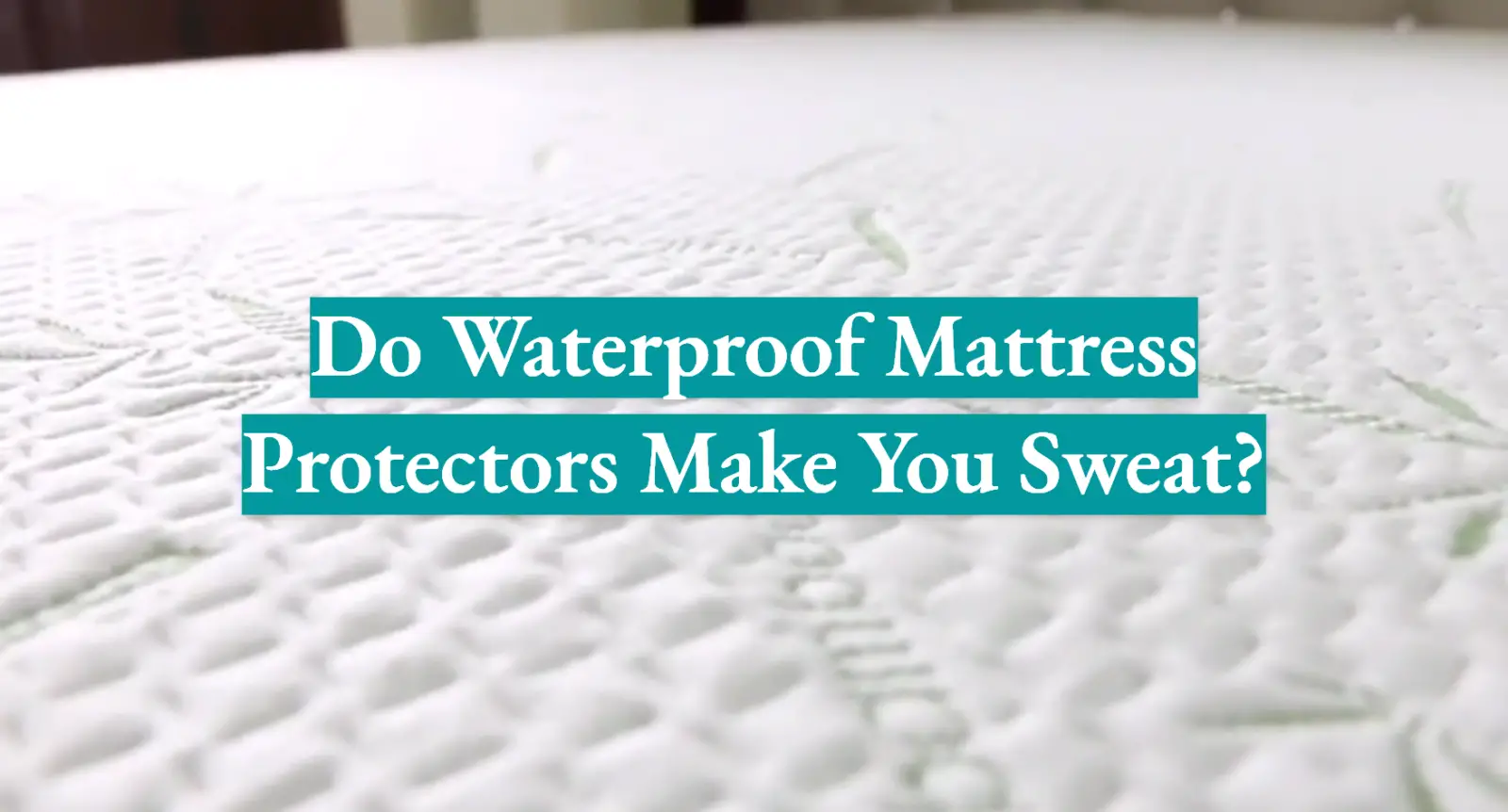
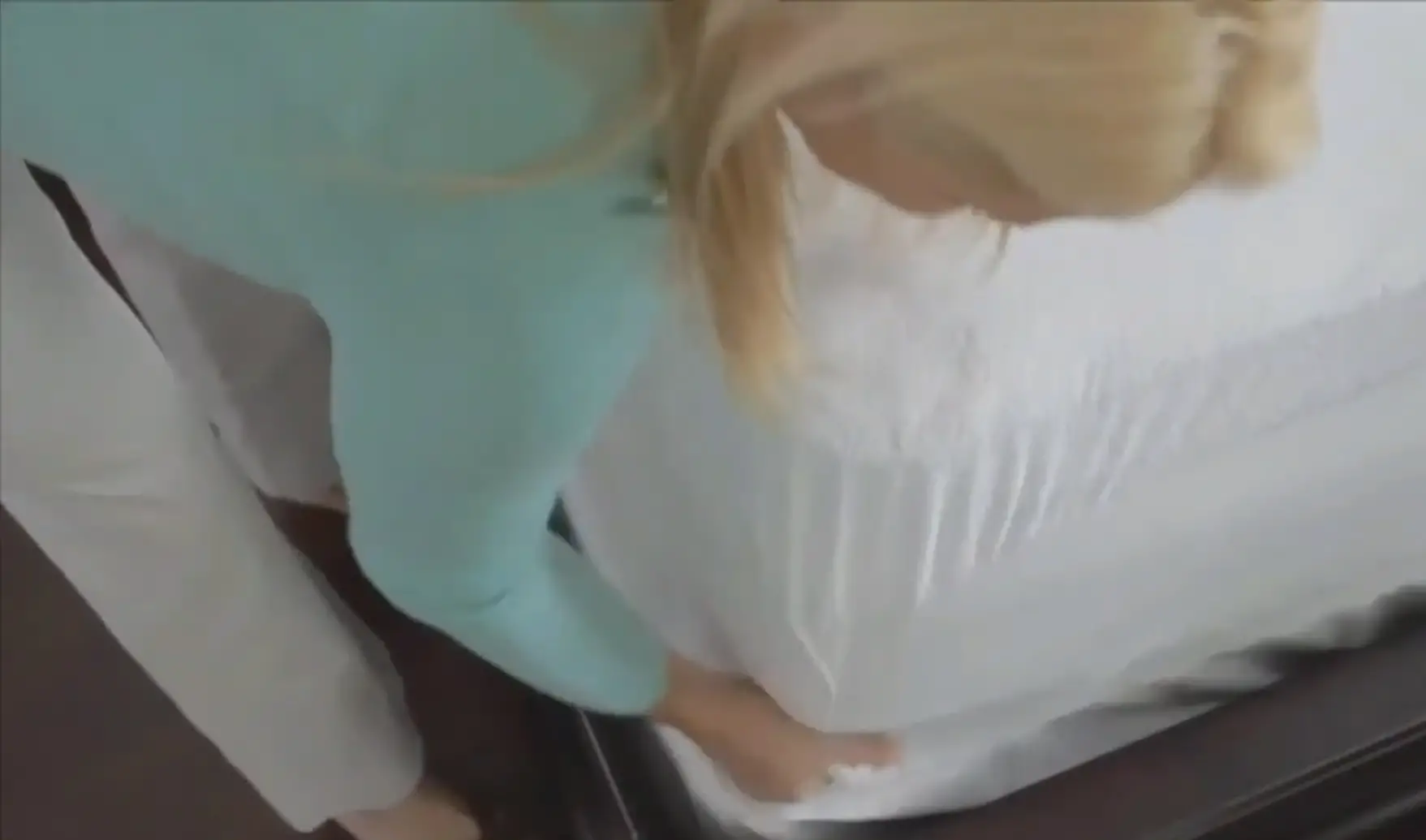
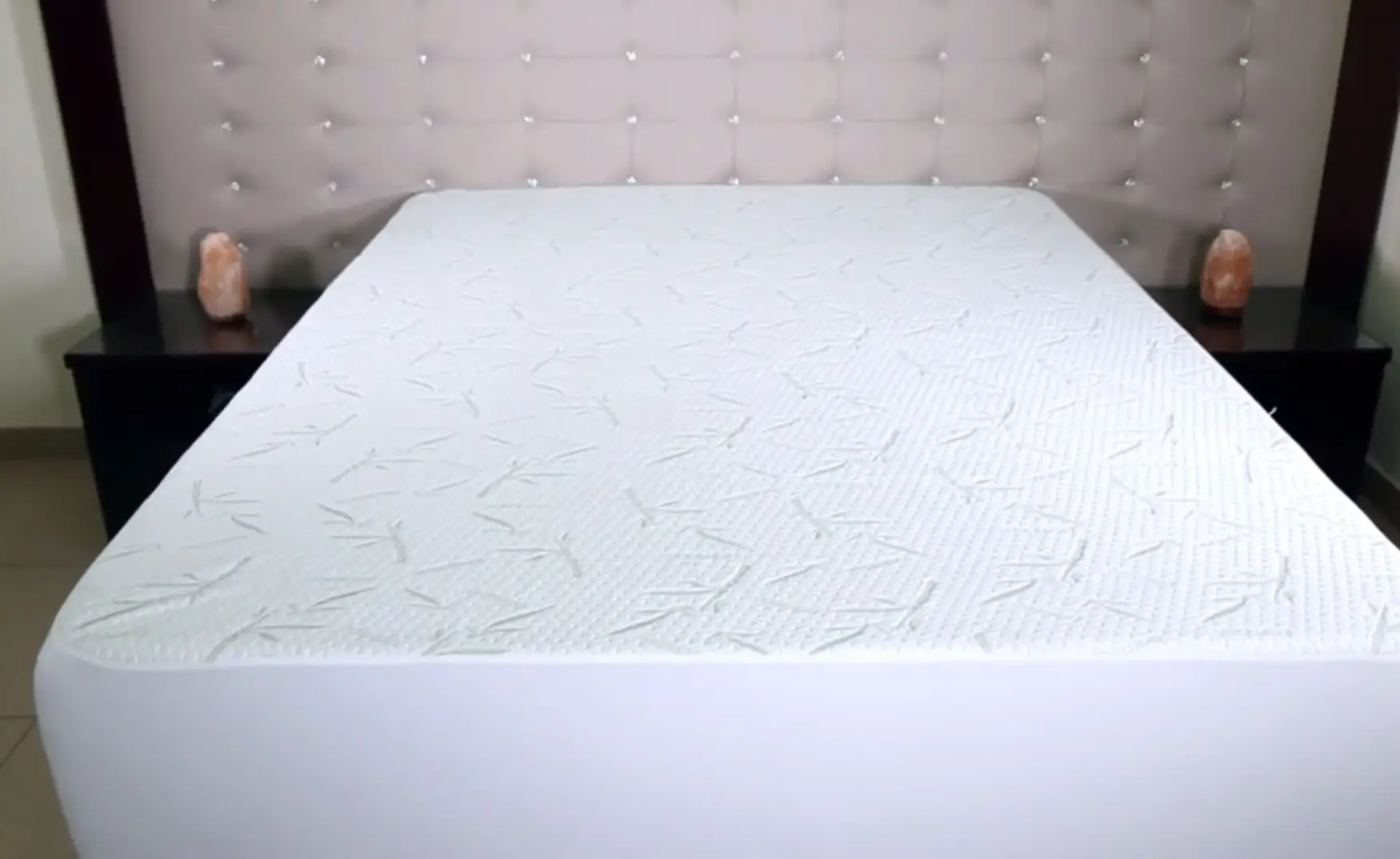
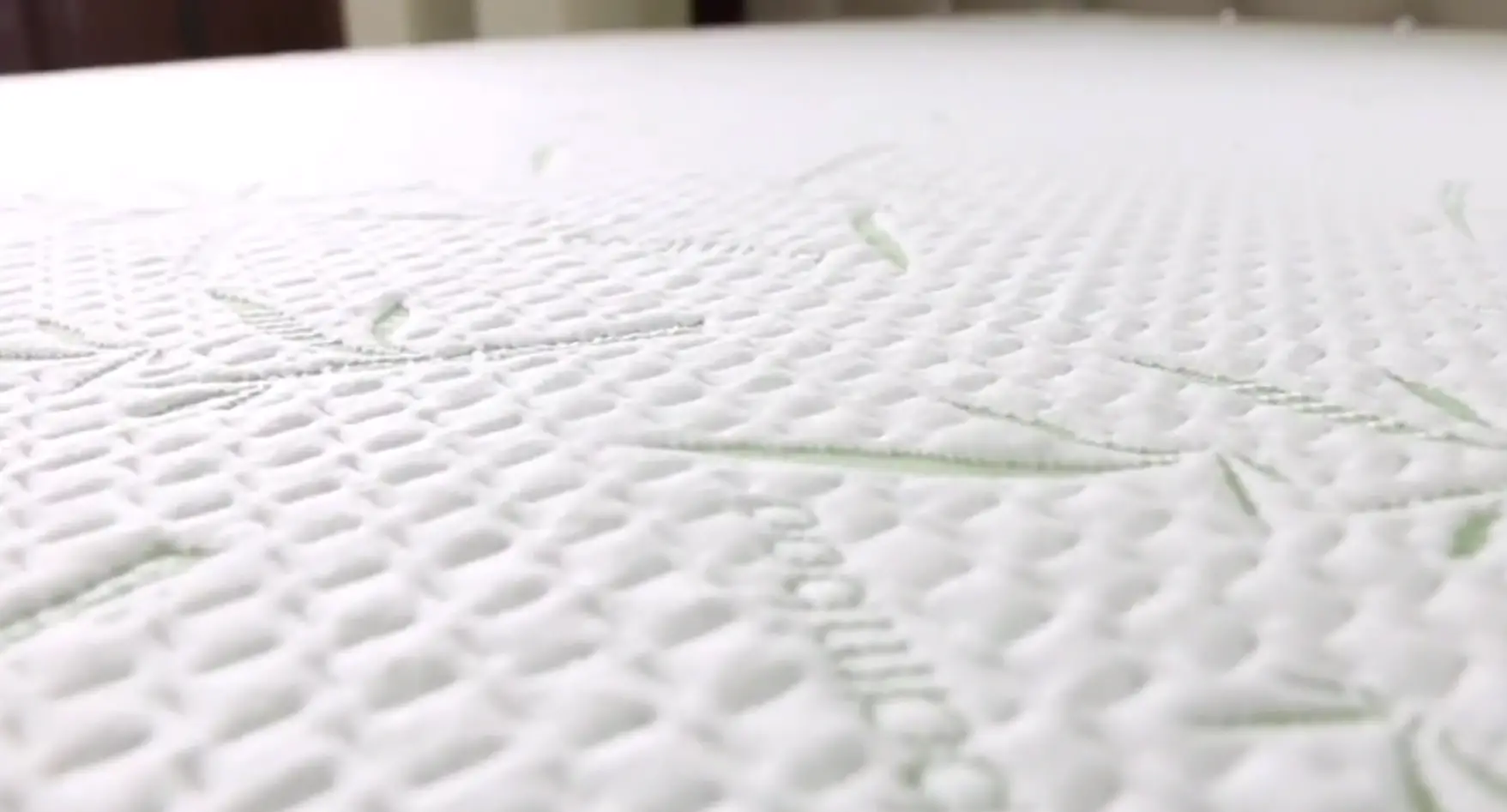




Leave a Reply